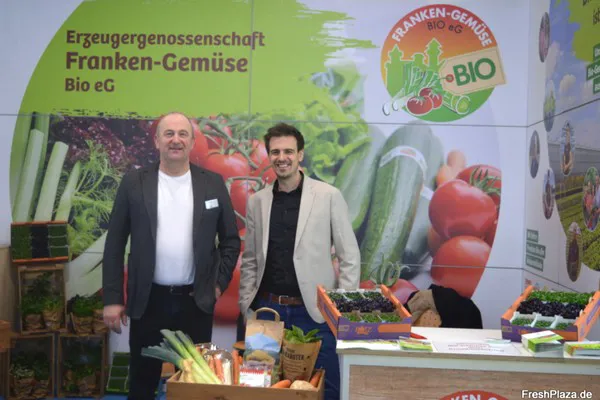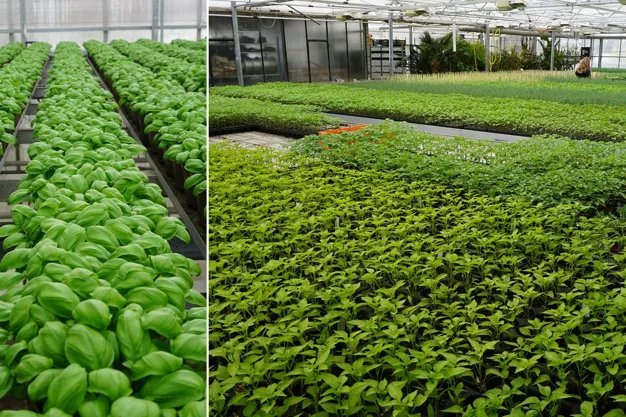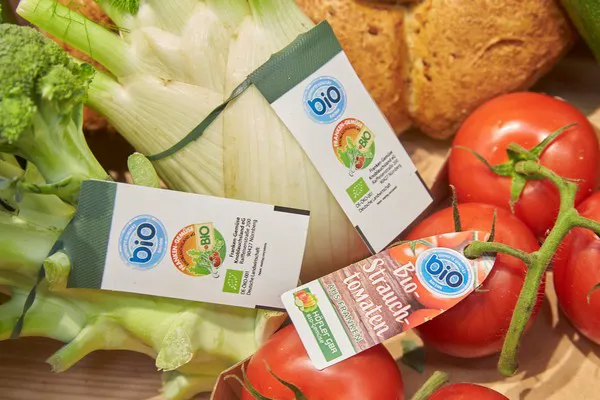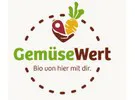The further promotion of organic farming and tapping into its growth potential in the Nuremberg "Garlic Country" were the primary motives behind the establishment of Franken-Gemüse Bio eG in May 2021. Despite inflation and rising energy prices, the management of the cooperative looks ahead confidently, says Felix Schmidling, project manager of "GemüseWert" at Franken-Gemüse Bio. "Since 2019, we have been able to increase our organic sales from 7.5 million euros to more than 15 million euros."
The pleasing sales development, according to Schmidling, can be attributed to three factors. "Firstly, the founding of Franken-Gemüse Bio eG in 2021 was of course a big step forward. This also contributed to the fact that some direct marketing operations wanted to market their yields through us, which in turn has made itself felt in the cooperative's organic share. The third and final factor was the conversion of new operations to organic farming, a development that we as an organic cooperative very much welcome."

Felix Schmidling (r) and vegetable producer Roland Bötz represented Franken-Gemüse Bio eG at this year's BioFach.
In total, Franken-Gemüse Bio markets a wide range of association goods, namely Bioland, Naturland, Demeter, and Biokreis, thus being able to meet the requirements of each individual customer. Schmidling: "In the organic area, there have been minor increases in recent years. However, our main goal is not so much to expand the area but to broaden our range of offerings. New this year are, among others, organic celery and organic Hokkaido. Our producers mainly focus on the cultivation of salads and fruit vegetables, while potatoes and field vegetables are more difficult to produce on our soils."
The Nuremberg "Garlic Country" has been known for its greenhouse cultivation for decades. This segment of vegetable cultivation has had to suffer severe setbacks in the last two years due to the high energy prices. "There have been delayed planting dates, which in turn have led to a significant shift in the time window. Accordingly, we also had minor quantity losses, but it was all still within limits," says Schmidling, referring to the stable sales development of the entire cooperative. Last year, Franken-Gemüse eG recorded a total turnover of around 130 million euros.

Organic cultivation in the greenhouse.
Exploiting the regional organic value chain
In addition to the founding of Franken-Gemüse Bio, the GemüseWert project was launched in 2020. The purpose of the project is to increase the organic share in community catering and at the same time to further promote regional organic farming. "It is particularly about long-term sales and planning security for our producers, which, in my opinion, would accelerate the conversion of individual operations from conventional to organic. It is important that local politics also plays along, which, unfortunately, is often not the case at the moment. Another challenge lies in the lack of available land: when one gives up, the land is immediately taken again. Thus, we observe a tough competition for land. Another factor lies in the regional organic value creation: The young plants needed for organic cultivation are mostly sourced from outside the region. Here, it is important to further exploit the regional value creation and thus strengthen the organic sector in the Garlic Country," Schmidling concludes.

Association goods from the Garlic Country
Images: Franken-Gemüse Bio eG
For more information:
Felix Schmidling
Franken-Gemüse Bio eG
Organic Value Chain Management
Tel.: 0911 93483-25
Fax: 0911 93483-16
schmidling@gemuesewert.de
www.gemuesewert.de
